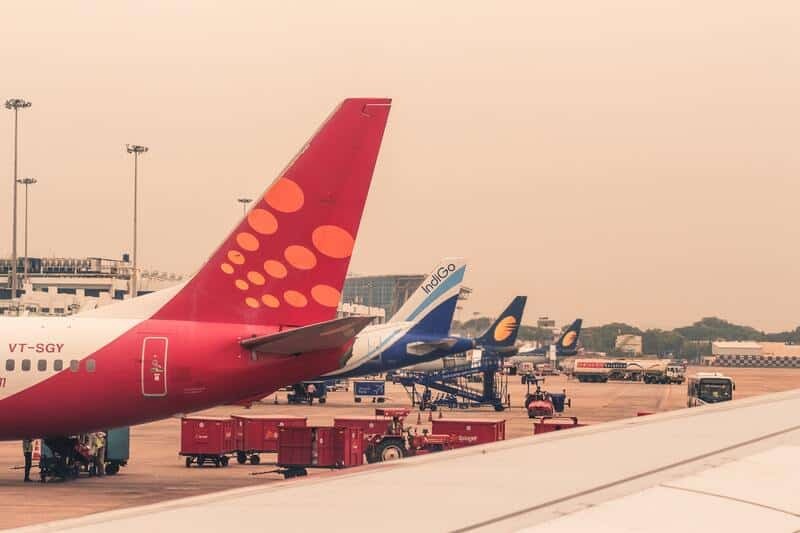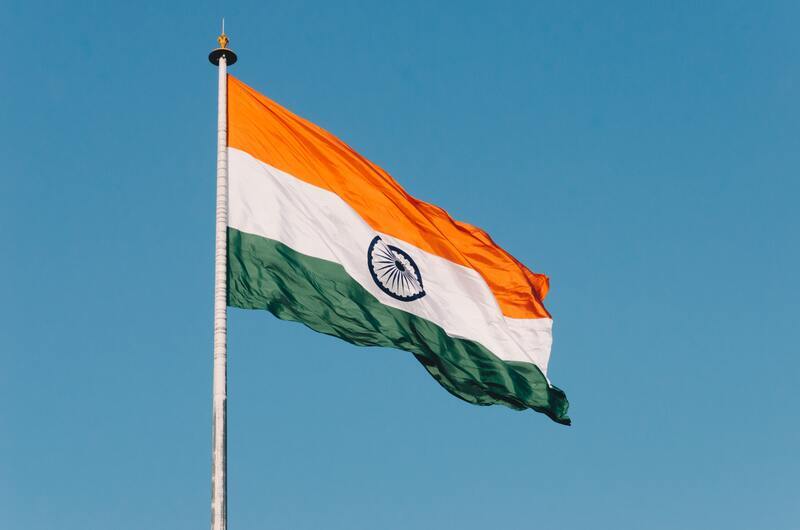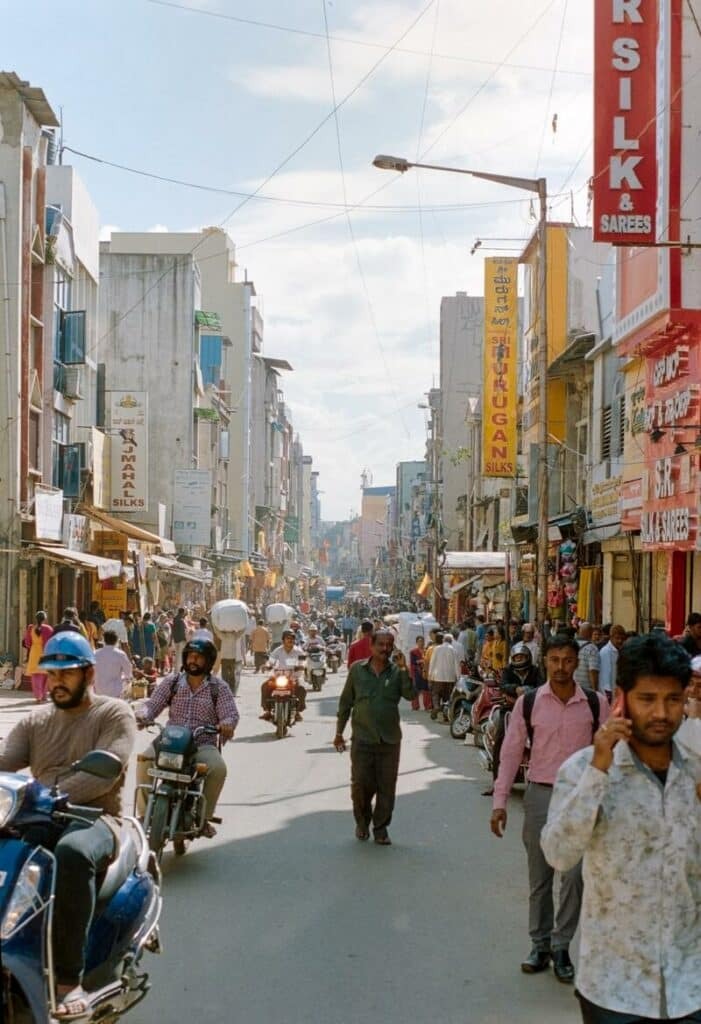Are you an Indian citizen living abroad and looking to apply for repatriation to India? India is considered one of the greatest nations on the globe. It is known for its rich culture and heritage. Many people who have lived abroad may want to reconnect with their roots and experience the country’s customs and traditions with their families as they age.
India’s economy is also growing rapidly, and there may be more job opportunities available in certain industries, such as technology and finance. It is also generally considered more affordable than many developed countries, which may be attractive for people looking to save money or retire. Hence, it is unsurprising if one wants to repatriate and settle in India.
For repatriates to be eligible for repatriation to India, they must meet certain criteria. These include:
- A valid Indian passport with a minimum validity of six months beyond the repatriation date
- Relevant repatriation documents issued by the Indian embassy in their country of residence, including a repatriation certificate and repatriation form
- A valid visa for repatriation to India
- Proof of repatriation expenses such as airline tickets and other documents, if applicable
- Proof of repatriation insurance, if applicable
- A valid work permit from the repatriate’s country of origin, if applicable
It is important to note that repatriates may be subject to additional requirements depending on their circumstances. Additionally, repatriates to India may only be granted clearance if they meet the criteria.
They should also carefully consider their repatriation options before deciding to repatriate, as repatriation may involve different fees and expenses depending on the repatriate’s country of origin. Furthermore, repatriates should know that the process may take some time and plan their repatriation accordingly.
While repatriation can be a complex and challenging process, it can also be made easier with proper guidance. Here are six easy steps to help you apply for repatriation to India. Don’t let the fear of the unknown hold you back from returning to the land of your birth. Follow these simple steps, and you’ll be able to repatriate back home in no time successfully.
If you are looking to invest as an expat or high-net-worth individual, which is what I specialize in, you can email me (advice@adamfayed.com) or WhatsApp (+44-7393-450-837).

Table of Contents
Understanding the Repatriation Process in India
Repatriating to India involves a lot of planning and preparation. It is important to understand the legal and logistical requirements and cultural and lifestyle differences to make the transition as smooth as possible.
In India, repatriation is typically handled through the Ministry of Home Affairs. It involves a number of steps, including obtaining the necessary documents to travel, applying for repatriation permits, and eventually arriving in India.
The repatriation process also involves repatriating assets and other items that repatriates may need upon their return. Repatriates are often eligible for financial assistance from the Government of India to help cover repatriation costs.
If you are considering or planning to return to the country, one of the first steps is obtaining the appropriate visa. Indian citizens who have been living abroad for more than a year are required to obtain an OCI (Overseas Citizenship of India) card, allowing them to live and work in India without needing a visa. Those who have been living abroad for less than a year can apply for a regular visa.
It is also important to know that India also has tax laws for citizens returning after living abroad for a certain period. Check the tax implications of repatriation and plan accordingly.
The whole repatriation process generally involves a lot of paperwork, such as registering with the Indian embassy and updating personal documents. If you need help repatriating back to India, several repatriation services can assist with the repatriation process.
These repatriation services will help you understand repatriation regulations, guide the repatriation process, and assist you with any repatriation paperwork that may be needed.
Gathering Required Documents
Before repatriating, it is important to collect all the required documents that will be needed. Some of the key documents that will be needed include:
1. Passport: A valid passport or proof of identity is required for all individuals returning to India, regardless of their length of stay abroad.
2. OCI card: Indian citizens who have been living abroad for more than a year are required to obtain an OCI (Overseas Citizenship of India) card. This card allows them to live and work in India without needing a visa.
3. Visa: Indian citizens who have been living abroad for less than a year will need to apply for a regular visa.
4. Proof of Residence: Indian citizens who have been living abroad for a certain period may be required to submit proof of residence, such as a lease agreement or utility bill, to obtain the OCI card or visa.
5. Police Clearance Certificate (PCC): Indian citizens may be required to submit a PCC, which is a document that certifies that they do not have any criminal records.
6. Educational and Professional Certificates: Indian citizens may be required to submit certificates of their educational qualifications and professional experience to obtain an OCI card or visa.
7. Health certificate: Indian citizens may be required to submit a health certificate that states they are free from any contagious diseases.
8. Financial documents: Indian citizens may be required to submit financial documents, such as bank statements, to demonstrate that they can support themselves financially while living in India.
It is important to note that the specific documents required for repatriation may vary depending on individual circumstances and the length of time spent abroad. However, it is recommended to ensure that you can provide these documents ready and in order before applying for repatriation in India.
You may also check the requirements and guidelines of the Indian Embassy or Consulate in the country of residence before starting the process.
Registering with and Filing for Repatriation to the Indian Embassy or Consulate

To repatriate to India, you must register with the Indian embassy or consulate in your current location and apply for repatriation there. This step is necessary as it allows the Indian Government to keep track of its citizens abroad and provide consular assistance in emergencies.
The registration and filing process can vary depending on the individual’s location and the type of registration they are applying for. Contact the Indian Embassy or Consulate in your current country of residence to find out the specific requirements and the documents you need to submit.
Many Indian Embassies and Consulates allow you to submit the registration application online. This can help speed up the process and avoid delays caused by postal mail.
Once you have submitted the application, keep in touch with the Embassy or Consulate and inquire about the status of your application. It is also important to keep all the original documents with you, as the Embassy or Consulate may require you to present them in person.
Processing times can vary depending on the location and the workload of the Indian Embassy or Consulate. Hence, it is recommended to register well in advance of the intended repatriation date to ensure that the process is completed in time.
Obtaining a Clearance Certificate
Before repatriating, you will need to obtain a clearance certificate from the Indian embassy or consulate in your current location.
A Clearance Certificate is a document the Indian government issues to Indian citizens who have been living abroad and wish to return to India. It serves as proof that the individual has settled all their financial and legal obligations in the country they were residing in and are now free to return to India. This certificate also proves that all repatriation requirements have been met and that repatriation is allowed.
The process of obtaining a Clearance Certificate for repatriation in India involves submitting an application together with a number of documents that the Indian Government may require to the nearest embassy or consulate.
Once the application is submitted, it will be reviewed by the Indian Government, and a decision will be made on issuing a Clearance Certificate. The time frame for the process can vary depending on the individual case and the Indian Government’s processing time.
It is important to note that obtaining a Clearance Certificate is not guaranteed and will be granted on a case-by-case basis. The Indian Government may also impose certain conditions before issuing the certificate. It is advisable to check the Indian Embassy or Consulate nearest to you for further information on the process and required documents.
Gather all necessary documents before applying to ensure a smooth clearance certification application process. The Indian Government may impose certain conditions before issuing the certificate, so be prepared for additional requirements.
It is also important to be honest, and transparent in your application and provide all the information required. Double-check the requirements at the nearest Indian embassy or consulate and submit the application promptly.
If you have any doubts or concerns about the process, seek legal advice from an expert who can guide you through the process.
Making Travel Arrangements and Applying for Financial Assistance
Once your repatriation has been approved and you’ve paid the applicable fees, you can begin making travel arrangements by scheduling your flight to India. Consider looking into repatriation financial assistance, as this can help cover repatriation costs.
Before making any travel arrangements, make sure you have all the necessary documents, such as a valid passport, proof of Indian citizenship, and any other documents that the Indian Government may require, such as a Clearance Certificate.
Research different flight options to find the best deal for your return journey. Compare prices and schedules of different airlines to find the best option for you. Then, book your ticket as soon as possible to ensure you have a confirmed seat on the desired flight.
Alternatively, the Indian government may provide financial assistance for the repatriation journey of Indian citizens living abroad. The financial assistance is intended to help cover the cost of travel and other expenses related to returning to India.
The financial assistance provided by the Indian Government may include airfare, accommodation, and other travel-related expenses. The amount of assistance will depend on the individual case and the Indian Government’s policies.
To be eligible for financial assistance for repatriation, Indian citizens must meet certain criteria, such as being stranded abroad due to unforeseen circumstances and being unable to afford the cost of their return journey.
The assistance may be provided in the form of cash, cheque, or online transfer. Indian citizens can apply for financial assistance through the Indian embassy or consulate in the country they are currently in.
Preparing for Re-entry into and Life in India

As repatriation to India can be quite a long and involved process, repatriates should prepare themselves for life upon their return to the country. Depending on their circumstances, repatriates may need to re-learn cultural norms, look into job opportunities, or search for housing.
Hence, before returning, research the current situation in India and familiarize yourself with any changes that may have occurred since your departure. This will help you understand the country’s current culture, customs, and laws and make it easier for you to adapt.
Be prepared for the possibility of a culture shock when re-entering India, as things may have changed since you last lived there. Life in India can be different than what you are used to, but with the right mindset, you can make it a positive experience. Be open to new opportunities, try new things, and make an effort to connect with the local community.
Preparing for financial stability after repatriation in India is also crucial in ensuring a smooth transition back to life in the country.
Before returning, review your current financial situation and make a plan to manage your finances in India. This may include budgeting, setting financial goals, and identifying potential financial challenges. Look for job opportunities as soon as possible so that you can start earning an income and become financially stable.
Familiarize yourself with the currency and exchange rate to help you have the necessary funds to cover your immediate expenses upon arrival. Opening a bank account in India as soon as possible is also advisable. This will make it easier for you to manage your money, pay bills, and receive money from family and friends.
Research the cost of living in the area you will be residing. This will help you budget accordingly and make the necessary adjustments to your lifestyle. Also, be familiar with India’s tax laws and regulations so you can plan accordingly.
If you have any doubts or questions, consider seeking professional financial advice. A financial advisor can help you navigate the Indian financial system and develop a personalized plan to meet your financial goals.
Conclusion
Applying for repatriation to India is a great opportunity for those looking for new beginnings and experiences. The process can be a complicated and time-consuming endeavor. It involves multiple steps, paperwork, and lots of patience. However, if you take the time to properly research your options and follow all necessary procedures for repatriation, you can make it back to India with ease.
These six simple steps will give you everything you need to repatriate back home successfully. Start planning your repatriation today and unlock all the wonderful things India offers.
Pained by financial indecision? Want to invest with Adam?

Adam is an internationally recognised author on financial matters, with over 760.2 million answer views on Quora.com, a widely sold book on Amazon, and a contributor on Forbes.



